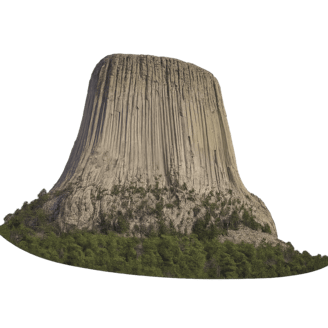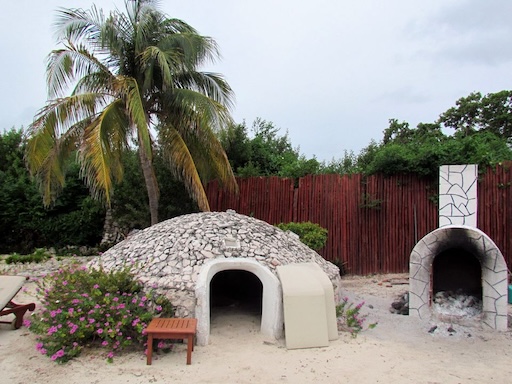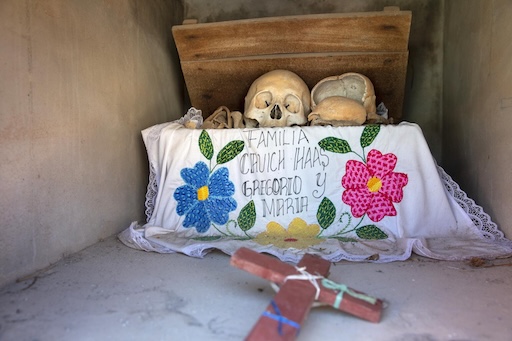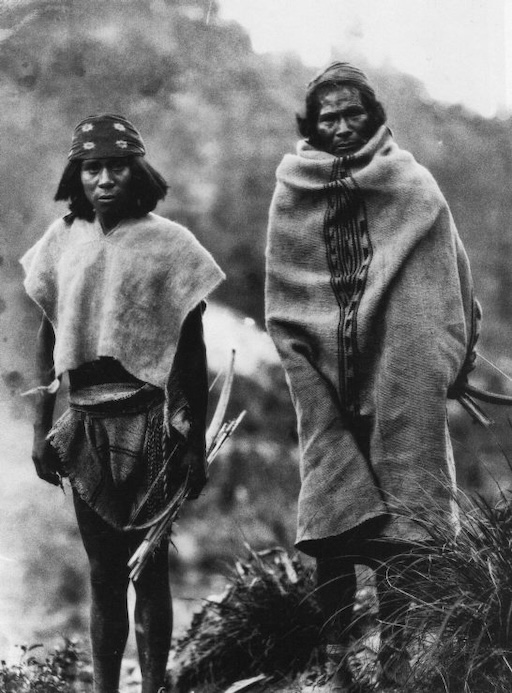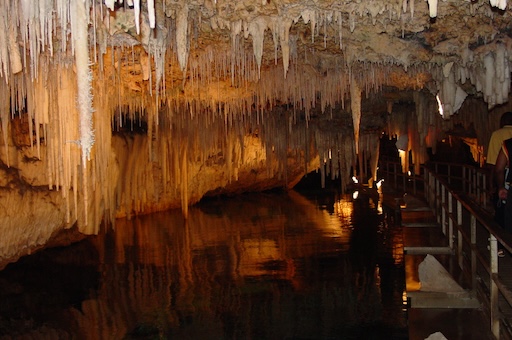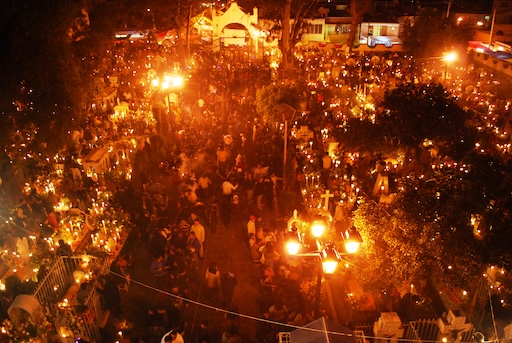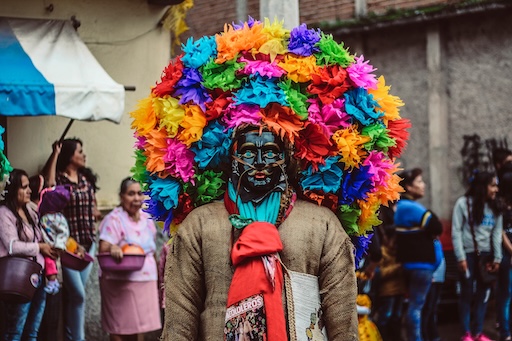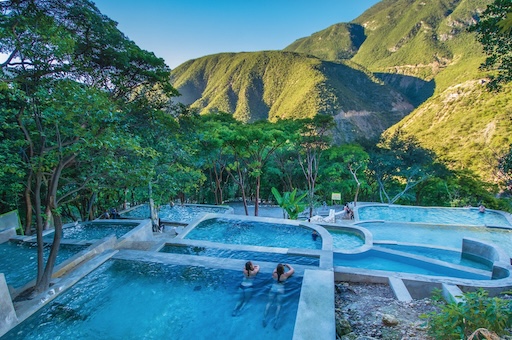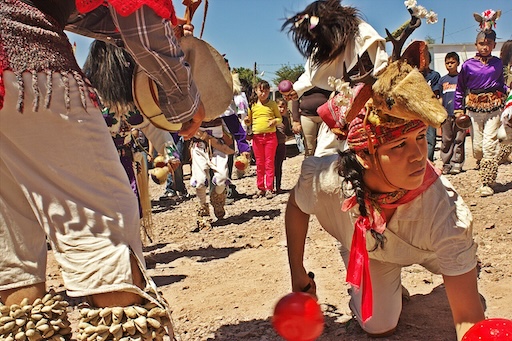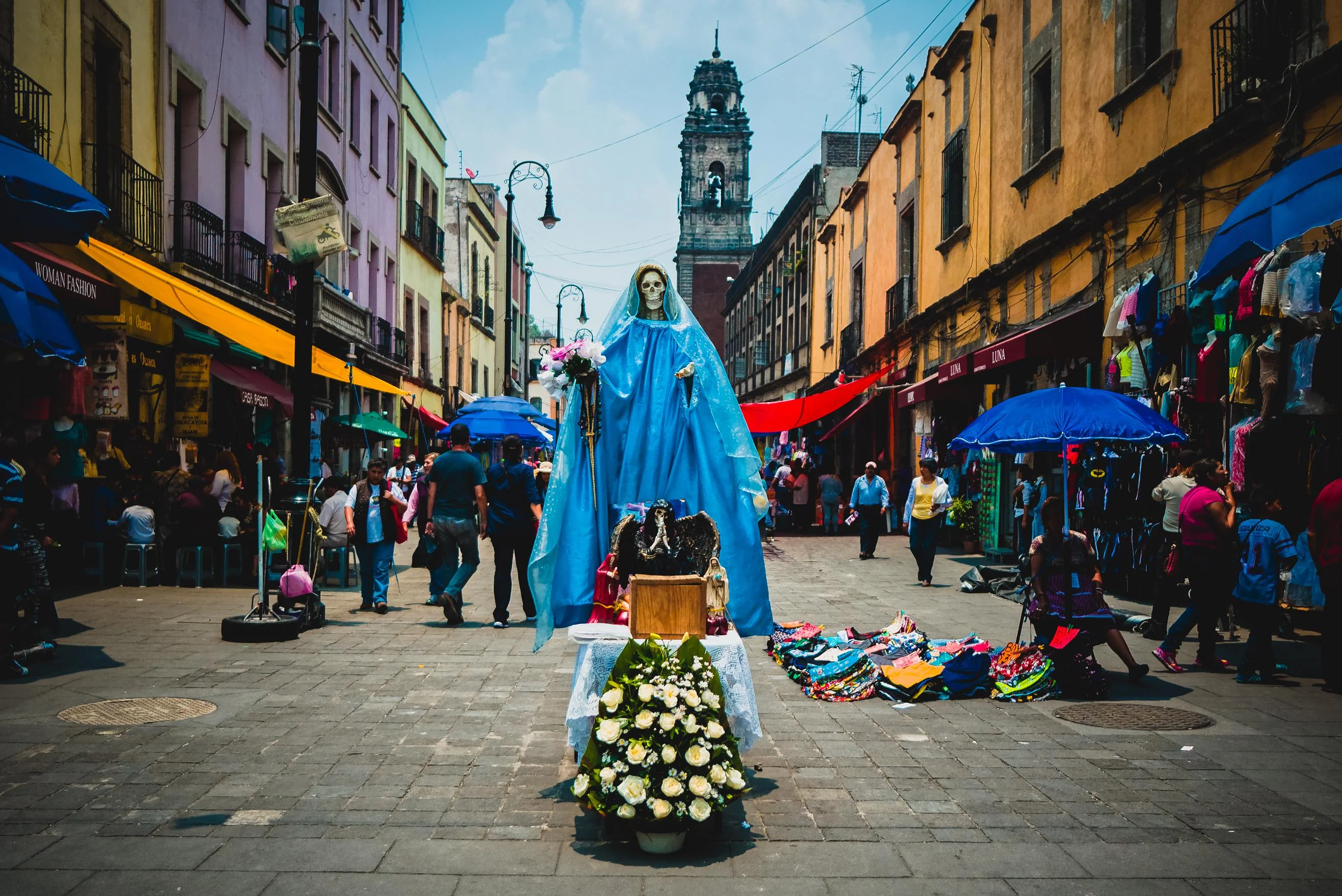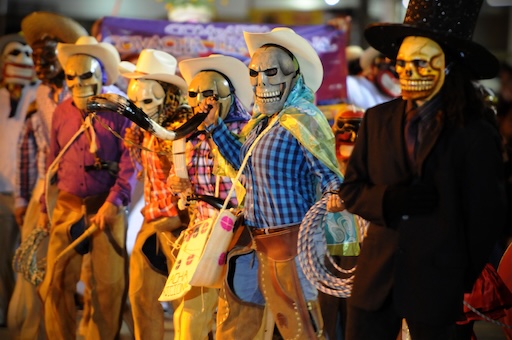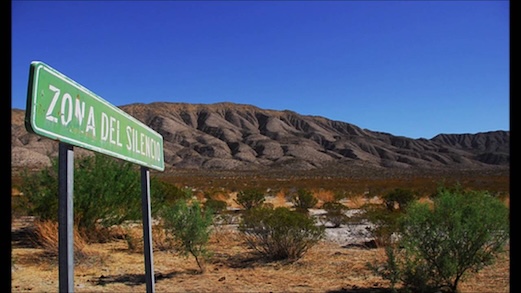
Zona del Silencio – The Mexican Bermuda Triangle
You don’t just arrive at the Zone of Silence. You’re led there—by curiosity, by rumor, or by something stranger. The last gas station fades behind you. The road turns to dirt. Your phone goes silent. Then, somewhere between the dust and the heat haze, you realize you’ve entered a place that doesn’t care much for the laws of physics.
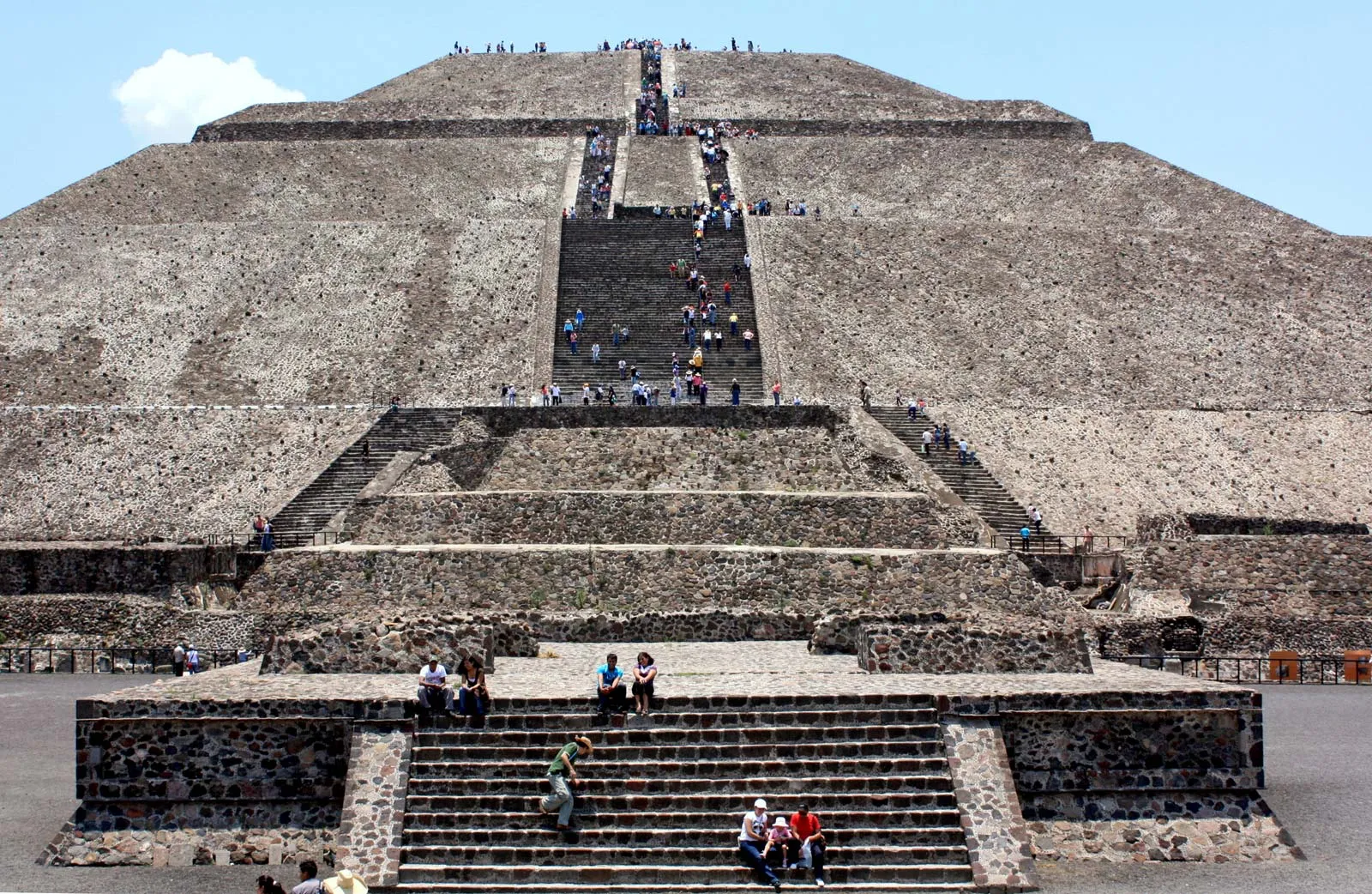
Teotihuacán – City of the Gods
Just 40 kilometers northeast of Mexico City, the ruins of an ancient metropolis rise from the Valley of Mexico like a cosmic mystery waiting to be solved. Welcome to Teotihuacán — the "Place Where Gods Were Born" — a city so ancient and enigmatic, even the mighty Aztecs didn’t know who built it.
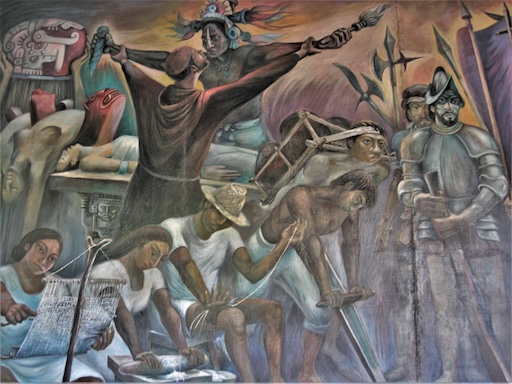
Mayan Caste War Rituals Still Echoing in the Yucatán
Imagine a war that never really ended. A fight that continues not through bullets, but through whispered prayers, candlelit altars, and secret rituals deep in the jungle. In the heart of the Yucatán Peninsula, the legacy of the Mayan Caste War is very much alive — not in textbooks, but in tradition.
